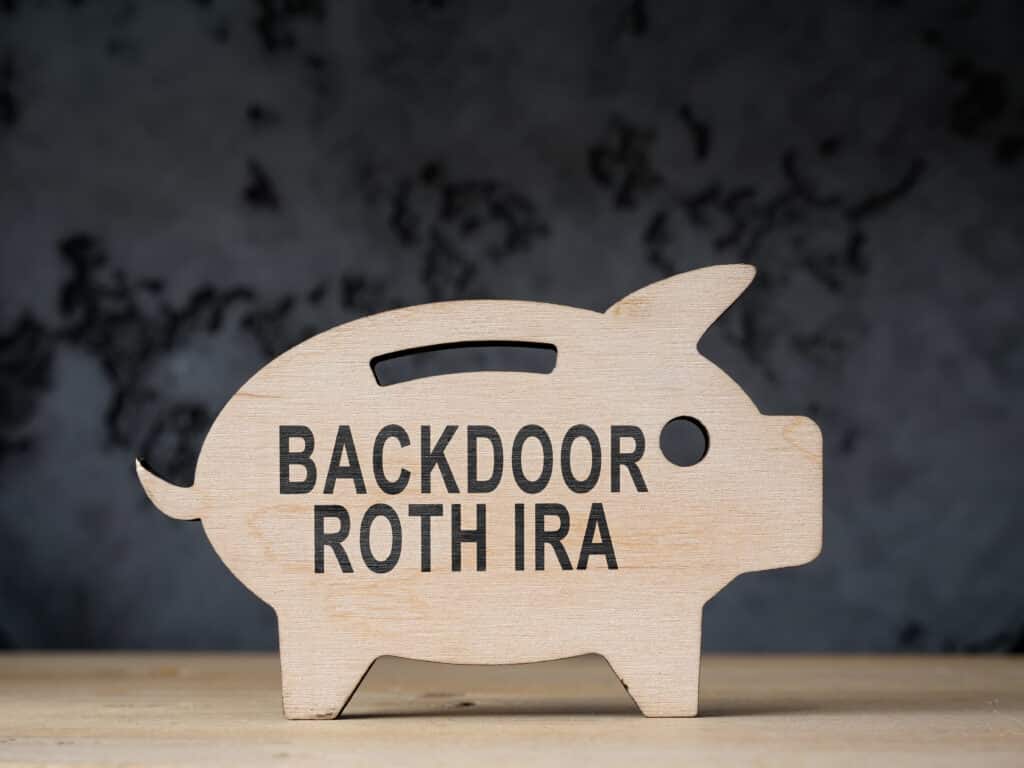Blog
Tax Deductions Available When You Refinance Your Home
Refinancing your home has many advantages. You may enjoy a lower interest rate, decrease your monthly payment, or have a shorter payoff term. You also may have the ability to cash out your equity and apply that money to home improvement projects.
What you may not have realized is that you could also be eligible for certain tax deductions just by refinancing your house.
Here we will take a look at various tax deductions that you could cash in on when you go to refinance your home.
Mortgage Refinance Tax Deductions
With any type of mortgage, the biggest tax deduction is normally the interest you’re paying on the loan. Most of the time, mortgage interest is tax deductible. You should be able to subtract it from your income if the following circumstances apply:
- The loan is secured by your home. This means your home serves as collateral for the loan; If you do not make your payments, the lender can foreclose on the home;
- The loan is for your primary residence or a second home that you don’t rent out;
- You “itemize” deductions on your tax return, meaning you list all deductible expenses, add them up, and then deduct the total amount from your income. There is an alternative that involves taking a standard tax deduction, which is a set amount you’re able to claim irrespective of your actual expenses;
Rate and Term Refinance Interest Deduction
With a rate and term refinance, you have the option of replacing your existing mortgage loan with a new loan. This will typically be with a lower interest rate or different term.
You could decide to refinance from a 30-year fixed-rate mortgage with an interest rate of
6 percent to a new 30-year loan that has an interest rate of 4.5 percent. Perhaps you opt to refinance a 30-year, fixed-rate loan to a shorter-term 15-year fixed-rate loan to save on interest payments throughout the life of the mortgage.
Although you are able to deduct the mortgage interest you pay annually on your new mortgage, there are limits, and they are the following:
1) Married couples filing separately can each deduct the interest they pay on up to $375,000 of their mortgage;
2) Any mortgage loan that is used to purchase, build, or improve your home can qualify for the mortgage interest deduction. This includes the loan you have after completing a refinance;
3) You can use this tax deduction for a home that is not your primary residence. This second home, however, has to be listed as collateral for your refinance mortgage.
4) You are required to itemize on your taxes to claim the mortgage interest deduction. If you do claim the standard deduction instead, you cannot claim this perk. Depending on how much mortgage interest you pay over the course of a year, taking the standard deduction could give you a larger tax break.
5) Single filers, married couples filing jointly, and those filing as the head of a household can deduct the interest they pay on up to $750,000 of their mortgage.
6) You are only able to deduct the mortgage interest you pay on one second home. If you have more than one home, you cannot deduct the mortgage interest you pay on any of your other homes.
7) If you rent out your second home, you need to live in it for more than 14 days or more than 10 percent of the number of days you rent it, whichever is longer.
Standard Deduction vs. Itemized Deductions
The first thing to know is that you are only able to deduct refinance costs if you itemize your deductions.
When it comes time to file your federal income taxes, you have the option to itemize each deduction you claim or take the standard deduction available to all taxpayers.
For the 2022 tax year, the income taxes you’ll be paying in April will have the standard deduction for a single filer that will be $12,950. The standard deduction for married taxpayers who file jointly is $25,900, and it is $12,950 for married couples filing separately. The standard deduction is $19,400 for heads of households.
It is recommended that you claim the standard deduction if your itemized deductions total less. Keep in mind that you aren’t able to claim any mortgage-related deductions if you choose the standard deduction.
Cash-out Refinance Interest Deduction
A cash-out refinance involves you refinancing for more than you owe on your current mortgage loan. You can then take the extra money as a lump sum payment that you pay back every month when you make your regular mortgage payments.
You are able to deduct the total amount of interest that you pay on a cash-out refinance, up to the $750,000 limit if you use the money to pay for improvements that increase the value of your home. If you put this money into other areas, like paying down medical expenses or student loan debt, you are only able to deduct the interest you pay on your loan’s original balance.
Discount Points Deductions
Mortgage points, also referred to as discount points, are fees that home buyers pay to lenders for a reduced interest rate. It is worth noting that one mortgage point costs 1 percent of your loan amount. If you take out a mortgage loan for $400,000, you will pay $4,000 for one mortgage point.
For each point you purchase, your loan’s interest rate will be decreased. How much a point will reduce your rate differs by lender. However, typically one discount point will lower your interest rate by .25 percent.
Mortgage points represent interest that you pay in advance. You could deduct discount points when it comes time to refinance, however, you normally spread out this deduction in equal amounts during the life of the loan. Points can be complicated when it comes to deductions, and that is especially the case if you used a portion of your refinanced loan’s proceeds to improve your primary home.
You’re advised to consult with a tax professional to learn more about how to handle deductions for mortgage points.
Deductions on Closing Costs for Rental Properties
We know how closing costs can be quite high. The good news is that these closing costs are tax-deductible for refinancing rental properties due to the fact that money that is earned is considered taxable income.
You enjoy a lot more flexibility when you deduct closing costs and other upkeep expenses for a refinance on a rental property. Among the expenses that you’re able to claim as deductions on a rental property are the following:
- Refinance application fees
- Appraisal fees
- State-required inspection fees
- Attorneys’ fees
- Legal and recording fees
You can also deduct insurance and repair expenses having to do with a rental property.
Drilldown Solution Can Help Your Small Business Accounting Needs
Our accounting services are designed to reduce your administrative and bookkeeping burdens and provide you with valuable financial benchmarks for your business. This results in keeping you updated and informed.
Our seasoned, highly skilled full-service accounting team at Drilldown Solution will remove your financial pain points with bookkeeping to make managing your money easier. DrillDown Solution has the important tools you require to track expenses, oversee cash flow, and discover financial trends so you can effectively plan for the future of your business.
We have the expert team to help any small business thrive, even under the current COVID-19 pandemic circumstances. We accomplish this with a three-part system comprised of patient-experience excellence, financial focused operations, and accountability.
Our goal at Drilldown Solution is to put your small business in the best financial position possible, utilizing proactive processes and personal care!
Note: The material and contents provided in this article are informative in nature only. It is not intended to be advice and you should not act specifically on the basis of this information alone. If expert assistance is required, professional advice should be obtained.






